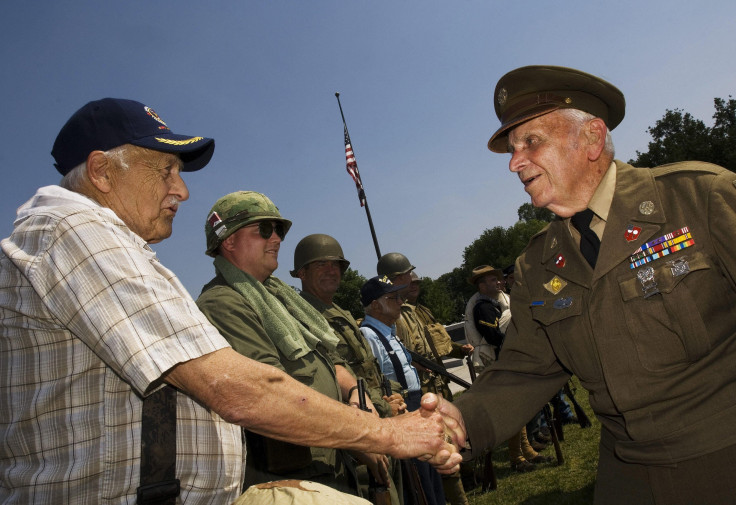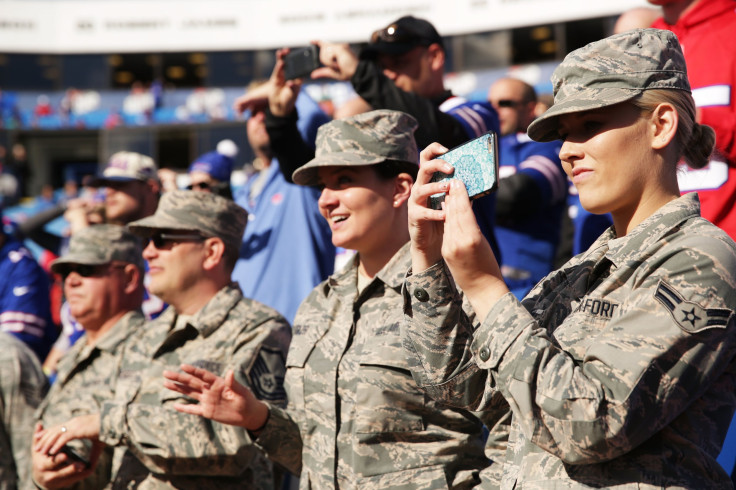US Military Veterans Feel Federal Government Has Not Treated Them Well: Report

While the majority of veterans said they valued their service and would do it again, most do not feel as if they received adequate support in reintegrating into civilian life, a new survey released Tuesday by Disabled American Veterans revealed. Roughly two-thirds of veterans of recent wars said their qualifications do not translate well to the civilian job market, and 59 percent felt as if civilians don’t understand what vets are dealing with when coming home from war, the Wall Street Journal reported Tuesday.
When asked whether they felt that promises made by the government to them as a veteran had been kept, 48 percent answered yes, 28 percent answered no and 24 percent were not sure. Only 19 percent of veterans agreed that the federal government treats them well, while 30 percent disagreed. And a mere 15 percent of veterans said that they agreed that disabled veterans have received the benefits they were promised, while 30 percent disagreed.
“That’s why I’m doing this job,” Veterans Affairs Secretary Robert McDonald told the Wall Street Journal, who warned that some of his overhauls may take time. “There have been shortfalls in the past; there may even be shortfalls today.”

The Veterans Affairs (VA) budget has doubled in the past decade, reaching $163.9 billion this year, and a report released last summer discovered that post-9/11 veterans have higher incomes and are better covered by private and public health insurance than civilians, based on 2013 numbers. However, 31 percent of post-9/11 veterans have service-connected disabilities, while only 16 percent of all other veterans do.
During the race to 2016, major veterans' groups have complained the VA has not been talked about enough. Democratic candidate Martin O’Malley, though, announced Monday a comprehensive veterans and military policy platform, which included ending veterans' unemployment by 2020, overhauling healthcare offerings and ending “wrongful” military discharges related to post-traumatic stress disorder, the Military Times reported.
“Veterans have not escaped Washington’s dysfunction,” O’Malley said in his policy paper. “While some progress has been made at [the VA], the current situation remains unacceptable. Further reform and bold actions are needed to ensure instances of data manipulation and secret waitlists never happen again.”
© Copyright IBTimes 2025. All rights reserved.






















